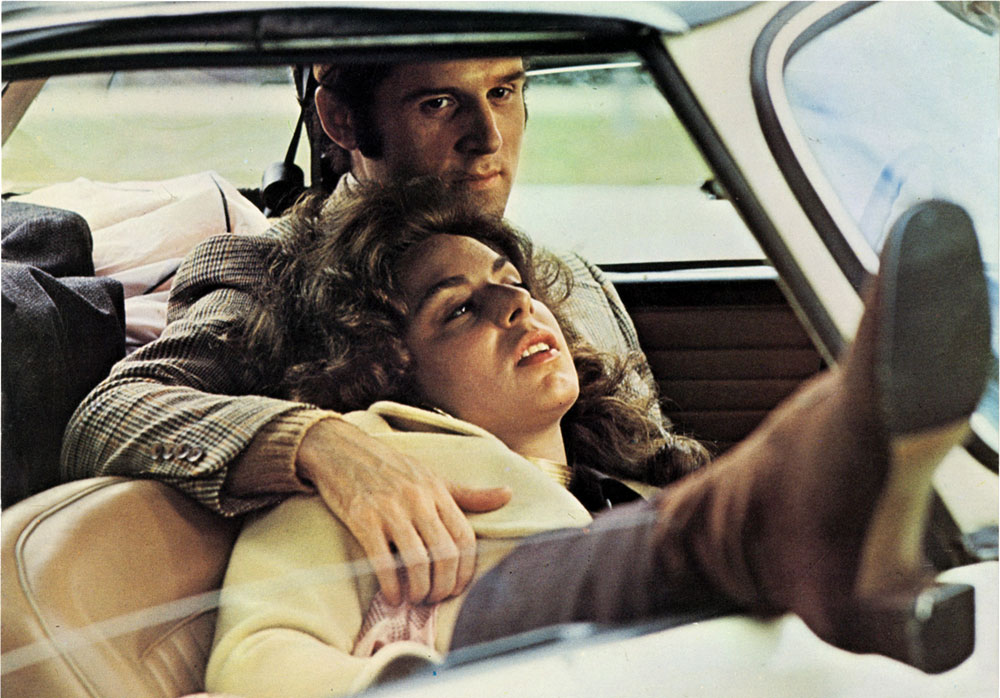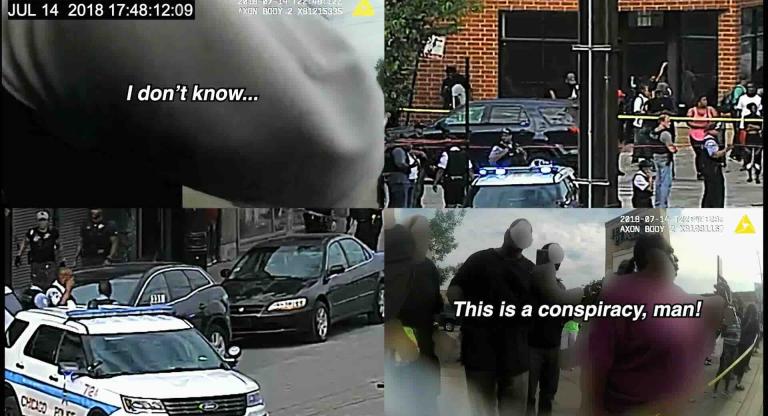“Telling the truth can be dangerous business,” sing the dunderheaded Simon and Garfunkel wannabes featured in Elaine May’s Ishtar (1987), the movie that didn’t quite kill her career so much as pour an extra layer of cement on its grave. Liars, two-timers, and swindling schmucks were May’s stock-in-trade. As a satirical poet of romantic betrayal, no one captured the glaring and innocent savagery that can hide behind a smile so much as her. Lenny (Charles Grodin), the protagonist of The Heartbreak Kid (1972), may be her prototypical schmuck, first glimpsed practicing his steely smile in front of the mirror and spending the next two hours learning the hard way about the dangers that arise whenever the truth manages to escape from behind those pearly whites.
One short montage later and that flirtatious smile, alongside a well-practiced “hello,” has delivered Lenny up as the groom at a nice New York Jewish wedding where he dances to The Carpenters’ “Close to You'' with his bride Lila (Jeannie Berlin, Elaine May’s daughter). Only, it’s not two days into the honeymoon before he realizes that he doesn’t quite long to be close to Lila. The reason? The blonde shiksa princess Kelly (Cybil Shepherd) whose juvenile flirtations on the beach contrast Lila’s constant gabbing and neurotic fussiness. Spinning elaborate lies to ditch Lila so he can crash Kelly’s parents yacht party and propose to her while her dad’s (Eddie Albert) not looking, Lenny’s romantic fickleness would be completely abhorrent if he wasn’t played with so much goofy sincerity.
Easy to read as a rebuke of May’s former-partner Mike Nichols’ The Graduate (1967), for which Grodin was almost cast to star, The Heartbreak Kid begins where the other film ends—after the whirlwind elopement—and ends where it begins—with inane idle chatter about Lenny’s career prospects (poison gas and manufacturing food for veal calves being two options). May twists the former film’s mumbly insecure protagonist inside out, sending him up as a full-throated satire of a “Me” generation narcissist who is wonderfully blind to his own ineptitudes, moral deficiencies, and insecurities. Lenny is a shameless perpetual charmer, nearly incapable of dropping his toothy grin and self-serving relentless positivity. Even mid-break up with Lila, he first sputters through a list of motivational platitudes about living life to the fullest and learning from your mistakes before bluntly blurting “it’s over, Lila” and segueing to the divorce terms in a vain attempt at consolation: “I’m going to give you a tremendous settlement. I’ll give you all the luggage!”
Excepting Ishtar, The Heartbreak Kid may be May’s most contemporary film. It steadily signals outward in its satire toward a sharp criticism of the social and cultural norms of the Nixon era. Much of the comedy comes not from the impulsiveness that defines Lenny’s predicament, but his extreme veneer of personal success, ambition, and confidence, which emphatically does lead him toward upper-class suburban respectability and likely future success. “I want to get back to origins, to basics, back to the soil,” Lenny repeatedly claims to Kelly’s parents and friends in order to impress them. “It’s like Thomas Jefferson said, the best government is the least government,” a family friend replies enthusiastically. Lenny is something of that prototypical, good-hearted American Yuppie full of well-intentioned values, never meaning to harm, but really, deep down, completely morally and spiritually empty.
The Heartbreak Kid screens Saturday at noon at the Drafthouse New Mission.
Previously:
The Heartbreak Kid screens this evening, February 17, and on February 25, at the Museum of the Moving Image on 35mm as part of the series “Snubbed 2: The Performances.”





